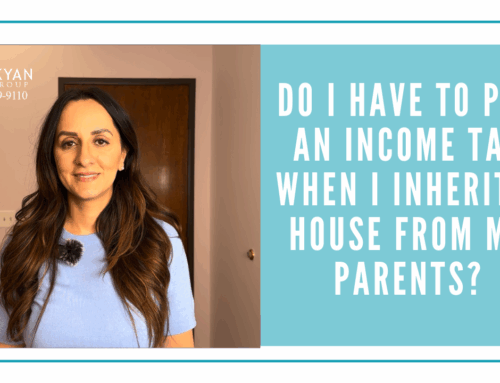Do you know how you hold ownership to your property? Most people are unaware of exactly the method by which they own their home or investment properties. This is troubling, because depending on how you took title to the property, you have different legal rights. This video is part 2 in a 3 part series on common ownership methods. In this video we will be discussing community property rights.
Usually during the purchase process, you as the buyer indicate how you want to take ‘title’ to the property. Meaning, what type of ownership will you hold in that property.
Community Property
Community Property is a manner of co-ownership by married couples. Each Individual owns an undivided 50% interest in the property. This means that each spouse has control over the 50% they hold and can choose who they want it to go to at their death. Unfortunately, if they have not done any planning, and one spouse passes away, that spouses 50% interest must be probated. This is sometimes the reason why couples will choose joint tenancy rather than community property as their method of ownership and forego the tax advantages that come with community property ownership.
However, married couples can have their cake and eat it too!
With a relatively new form of property ownership in California, married couples can choose to take title as community property “with right of survivorship” thereby taking advantage of the tax benefits that come with community property ownership and the probate avoidance by making sure they take title with “right of survivorship.” A lot of times couples will choose joint tenancy because it has the benefit of probate avoidance without considering “community property with the right of survivorship” which essentially allows the property to pass outside of probate to their surviving spouse and allows them to take advantage of the full step up in basis.
For example, if husband passes away, his half of the property would receive a basis adjustment equal to the fair market value at the time of his death. When the surviving spouse passes away later, the property will receive yet another adjustment equal to the fair market value as of the surviving spouse’s date of death.
So, depending on how you choose to hold title to your real property, you are likely subjecting yourself to probate administration and putting yourself at a tax disadvantage. It is important to create a plan to address not only your ownership intent but your wishes should you become incapacitated or disabled.
Click here if you own your property as joint tenants with another individual.
If you have no idea how you own your property, simply give our office a call and we would happy to help you.





